Governance in "Cyberspace" —— Access and Public Interest in Global Communications
----- 网络空间治理:全球通信中的准入与公共利益
Cyberspace' is the emerging invisible, intangible world of electronic information and processes stored at multiple interconnected sites. The digital revolution leads to 'convergence' (of telecommunications, computer/Internet and broadcasting) and to dynamic multimedia value chains. Deregulation and competition are major driving forces in the new interactive electronic environment. This volume contains normative proposals for 'cyber'-regulation, including self-regulation, grounded on developments in the EU, US and the Far East, in international organisations (WTO, OECD, WIPO, ITU), in business fora, in NGOs, in the 'Internet community' and in academic research. The multi-actor (government, business, civil society) and multi-level analysis (subsidiarity) pertains e.g. to ex-ante and ex-post access-regulation, competition, network economics (external effects, essential facilities), public interest principles (human dignity, free speech, privacy, security), development and culture, consumer protection, cryptography, domain names and copyright. Lawyers, regulators, business executives, investment bankers, diplomats, and civil society representatives need shared essentials of plurilateral 'governance' to safeguard both competition and public interest objectives, on a scale congruent to 'Cyberspace', in the transition to constitutionalizing the 'international law of cooperation'.
{{comment.content}}
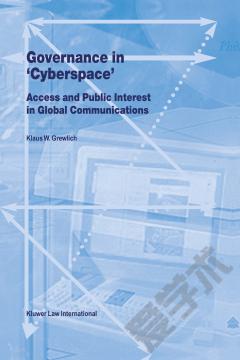
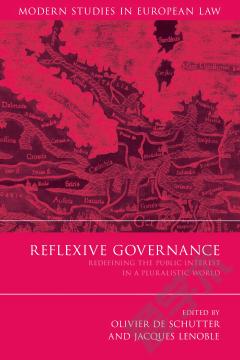
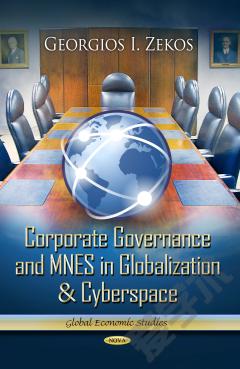
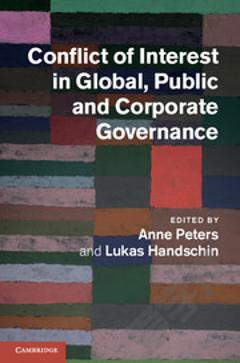
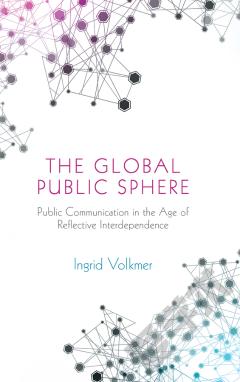



 京公网安备 11010802027623号
京公网安备 11010802027623号